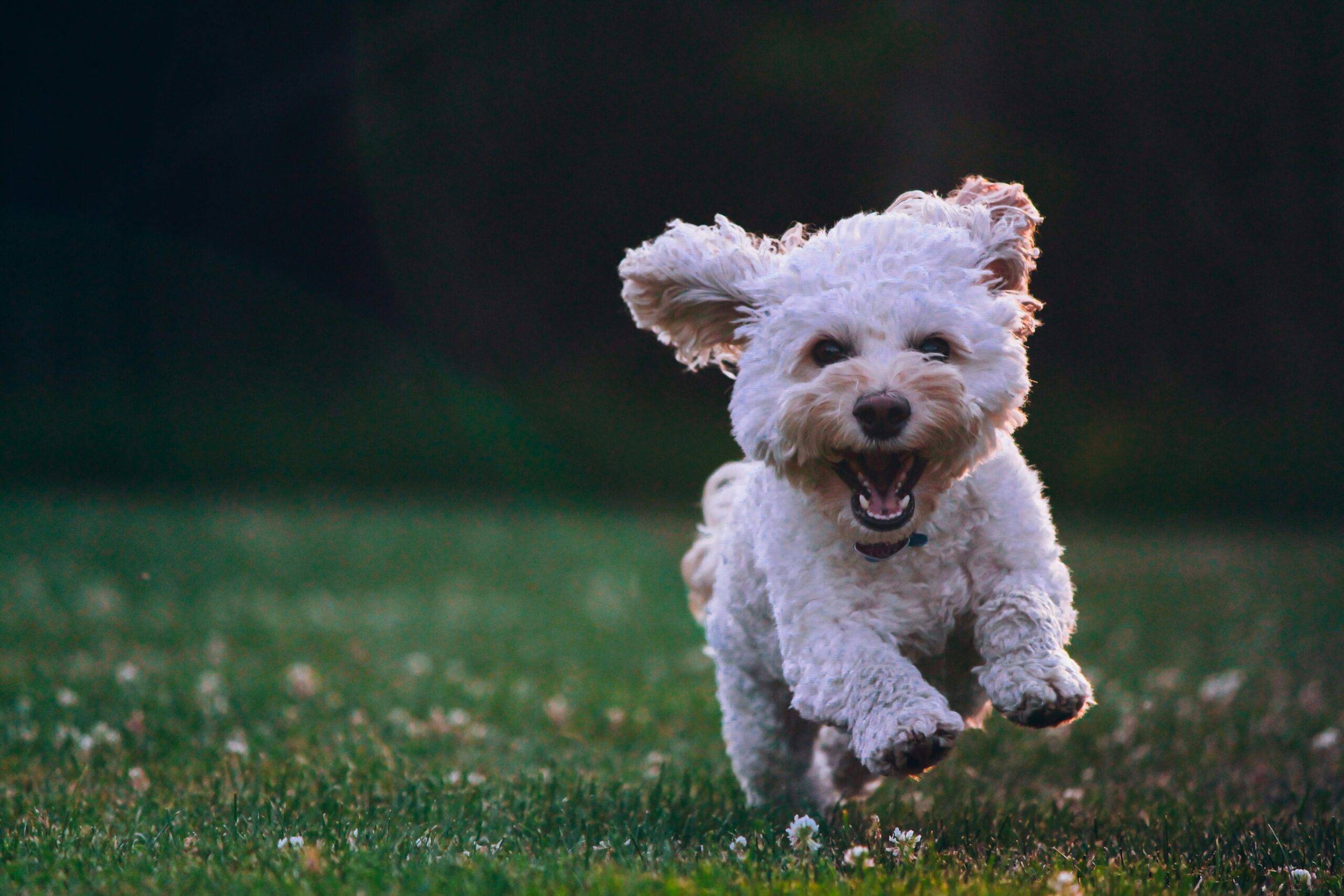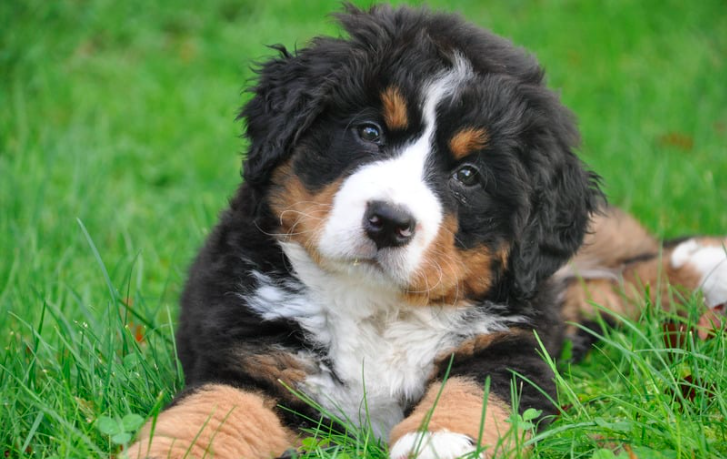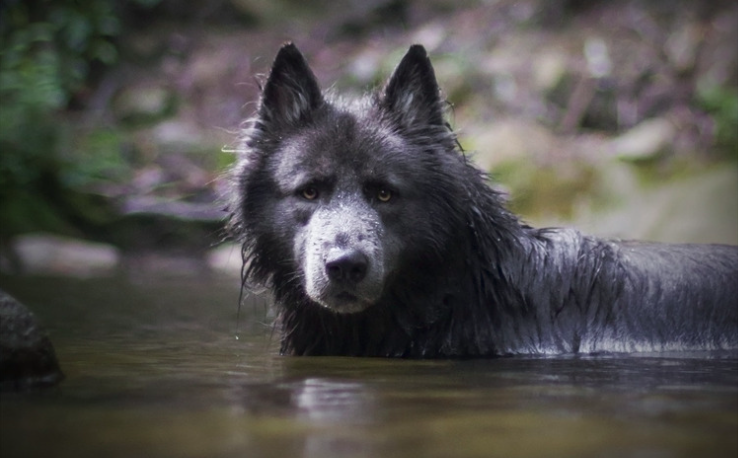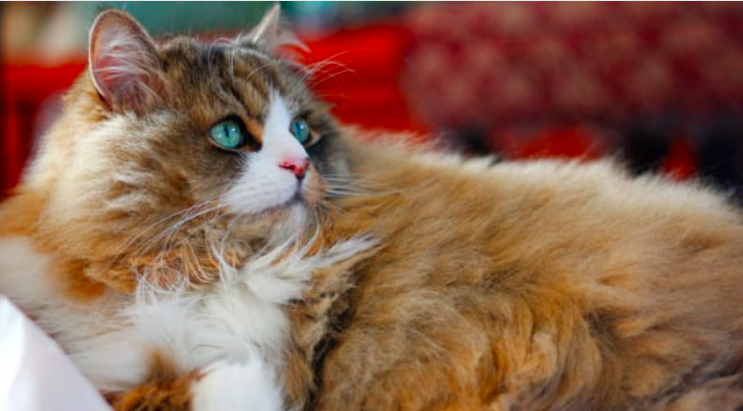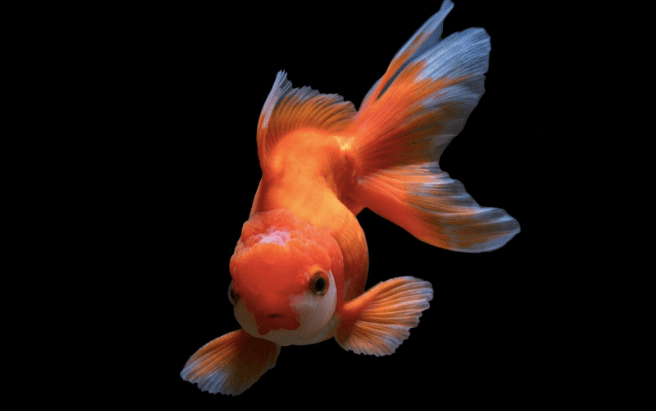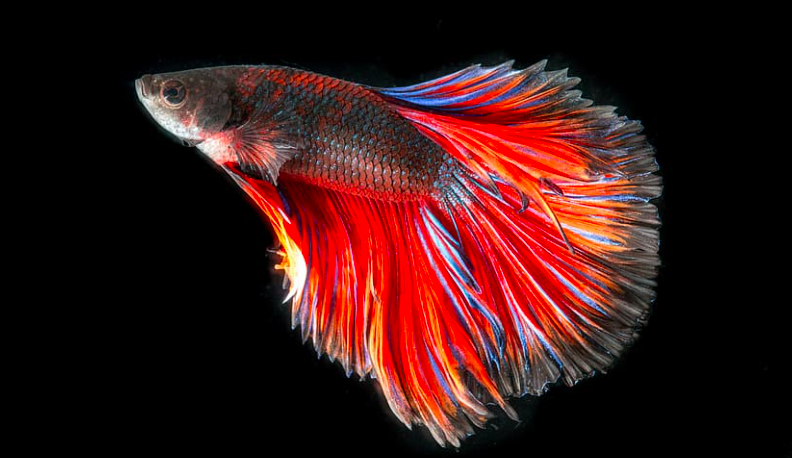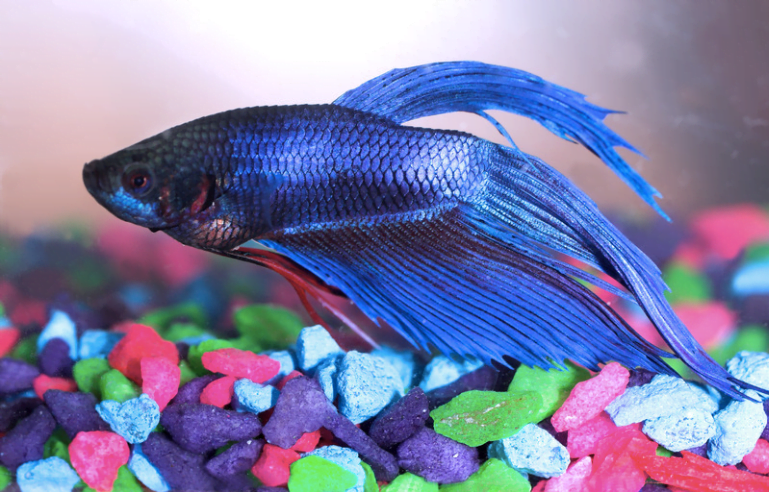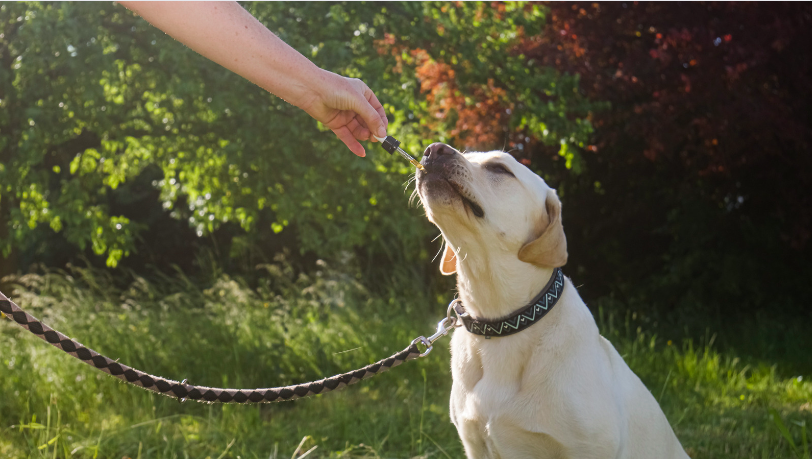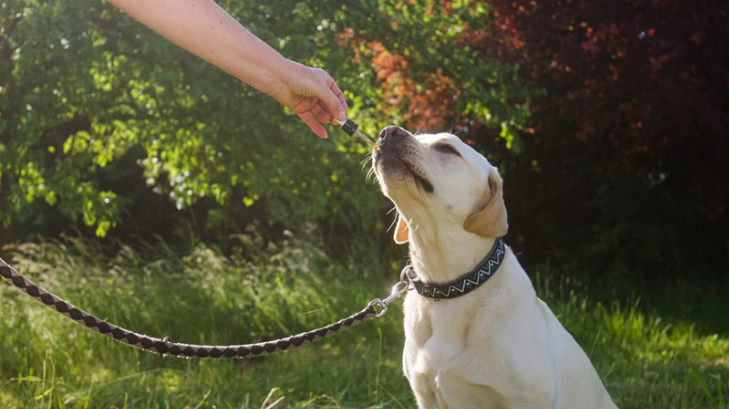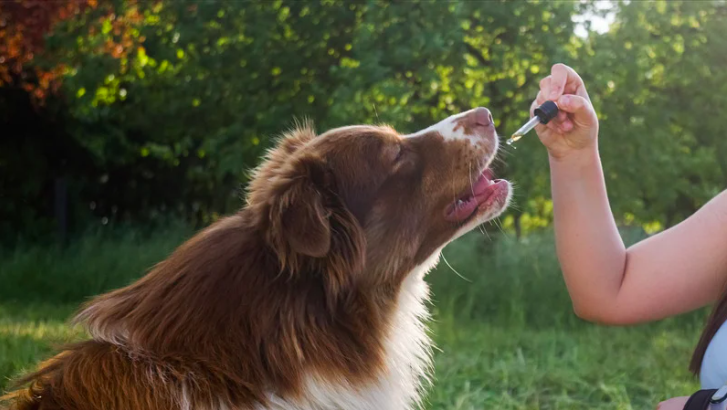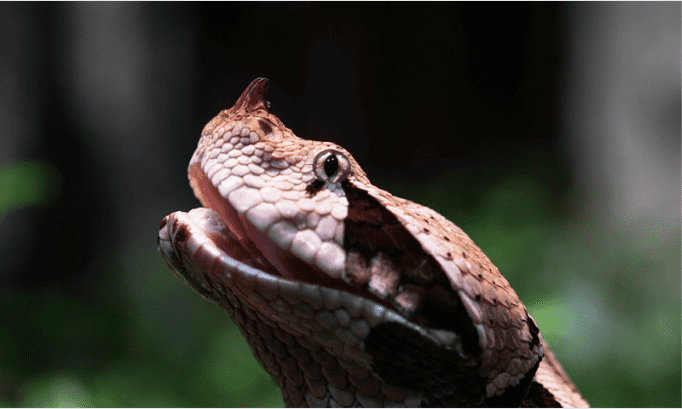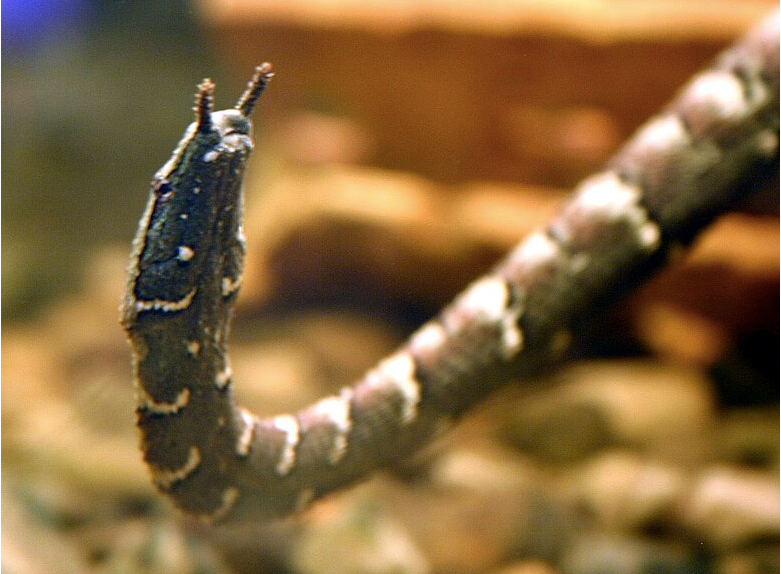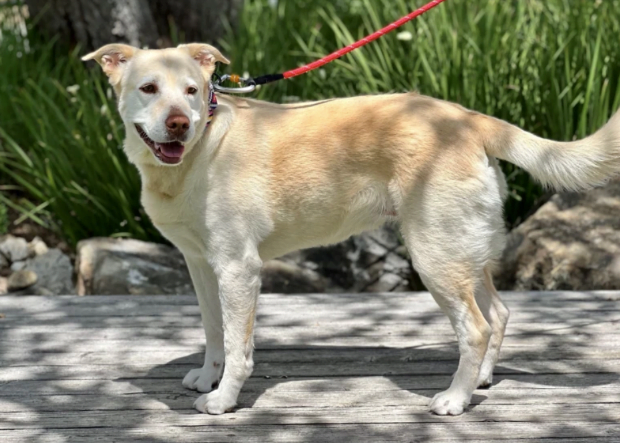Chomp Champs: The 6 Dog Breeds That Just Can’t Stop Chewing!
Chewing is a natural behavior for dogs, but some breeds are more prone to excessive chewing than others.
In this comprehensive guide, we’ll explore the 6 dog breeds that are the biggest chewers and provide insights into their characteristics, reasons for chewing, and strategies to manage their behavior.
For many dog owners, dealing with a chew-happy canine can be both a challenge and a source of amusement. While all dogs naturally engage in chewing to some extent, certain breeds are notorious for taking their love of gnawing to the next level…
In this engaging and informative article, we’ll explore the 6 Dog Breeds That Are the Biggest Chewers. From understanding their reasons for excessive chewing to discovering effective ways to curb their appetite for destruction, we’ve got you covered.
So, buckle up and get ready to dive into the fascinating world of the most voracious chewers in the canine kingdom!
Labrador Retrievers
Labrador Retrievers are known for their friendly and outgoing nature, making them a popular choice for families. However, they are also one of the biggest chewers among dog breeds. Labs chew for various reasons, including:
- Teething
- Boredom
- Anxiety
- Hunger
To keep your Lab’s chewing habits in check, provide them with plenty of chew toys and mental stimulation. Regular exercise and a balanced diet are also essential for managing their chewing tendencies.
Golden Retrievers
Golden Retrievers are another breed famous for their affinity for chewing. Like Labs, they chew for various reasons, such as teething, boredom, and anxiety. Goldens are intelligent and need mental and physical stimulation to prevent destructive behavior.
To keep your Golden’s chewing under control, consider providing them with:
- Interactive toys to engage their minds
- Puzzle feeders to make mealtime more challenging
- Regular exercise to burn off energy
Pit Bulls
Pit Bulls are a breed often misunderstood due to their strong appearance and powerful jaws. Although they have a reputation for being aggressive, they are generally loyal, loving, and intelligent dogs. Their chewing tendencies can be attributed to:
- Boredom
- Stress
- Dental Health
To manage your Pit Bull’s chewing habits, try these strategies:
- Provide durable chew toys designed for strong chewers
- Establish a consistent routine to reduce anxiety
- Offer regular exercise and mental stimulation
Jack Russell Terriers
Small in size but big in energy, Jack Russell Terriers are known for their boundless enthusiasm and love for play. Their chewing habits can be attributed to their high energy levels and curiosity.
To keep your Jack Russell’s chewing under control, consider the following:
- Offer a variety of chew toys to keep them engaged
- Provide regular exercise to help release pent-up energy
- Train and socialize them early to curb destructive behavior
Border Collies
Border Collies are an intelligent and agile breed, originally bred for herding livestock. They are known for their excessive chewing habits, which can be linked to their high energy levels and need for mental stimulation.
To manage your Border Collie’s chewing tendencies, try the following:
- Engage in regular physical activities such as running, hiking, or agility training
- Provide interactive toys and puzzle feeders
- Offer consistent training and mental challenges to keep them mentally stimulated
German Shepherds
German Shepherds are a versatile and intelligent breed, often used for police and military work. They are also known for their strong chewing habits, which can be attributed to:
- Teething during puppyhood
- Boredom
- Anxiety or stress
To manage your German Shepherd’s chewing habits, consider these strategies:
- Provide durable chew toys designed for strong chewers
- Offer regular exercise and mental stimulation through training and play
- Establish a consistent routine to reduce stress and anxiety
Conclusion
While all dogs chew to some extent, these 6 dog breeds tend to be the biggest chewers.
By understanding the reasons behind their chewing habits and implementing strategies such as providing chew toys, engaging in regular exercise, and offering mental stimulation, you can help manage your dog’s chewing tendencies and create a happier, healthier environment for both you and your furry friend.
Questions People Also Ask: (FAQs)
Why do dogs chew?
Chewing is a natural behavior for dogs and can be attributed to various reasons, including teething, boredom, anxiety, stress, and hunger.
How can I stop my dog from chewing on furniture?
To prevent your dog from chewing on furniture, provide them with plenty of chew toys, offer regular exercise, and ensure they have sufficient mental stimulation. You can also use deterrent sprays to discourage chewing on specific items.
Are there any chew toys specifically designed for strong chewers?
Yes, there are chew toys designed for strong chewers, often made of durable materials such as rubber, nylon, or rope. Look for toys labeled as “tough” or “durable” when shopping for your strong chewer.
Can I train my dog not to chew?
A: While you may not be able to completely eliminate your dog’s chewing habits, you can train them to focus their chewing on appropriate items such as toys instead of furniture or personal belongings.
How can I tell if my dog is chewing due to anxiety?
Signs of anxiety-induced chewing may include increased chewing when left alone, excessive drooling, or chewing on items that carry your scent. Consult with a veterinarian or a certified behaviorist to address anxiety-related issues.
When do puppies usually stop teething?
A: Puppies generally finish teething between six and eight months of age. However, some dogs may continue to chew beyond this age due to other factors such as boredom or anxiety.
Can providing a balanced diet help reduce chewing?
A: Yes, providing a balanced diet can help curb chewing habits, as hunger can be a contributing factor. Make sure to feed your dog the appropriate amount of high-quality dog food for their age, size, and activity level.
We appreciate you for taking the time to read this article!
Finally, we hope you found this article interesting? And what do you think about ”Chomp Champs: The 6 Dog Breeds That Just Can’t Stop Chewing!!?”
Please feel free to share or inform your friends about this article and this site, thanks!
And let us know if you observe something that isn’t quite right.



